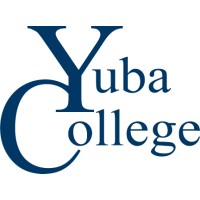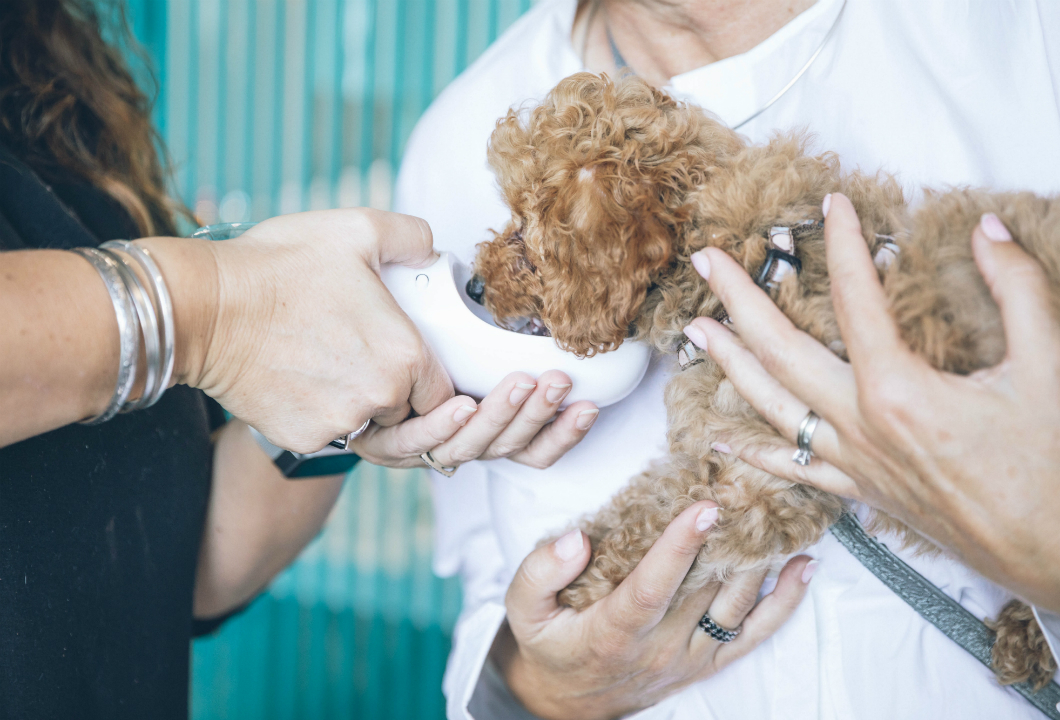Associate in Science Degree in Veterinary Technology (Associates)
Yuba College
Marysville, CA
Some allied health careers involve caring for animals rather than people. Veterinary technicians learn a variety of skills also found in
other allied health professions, including nursing, anesthetic, radiologic, dentistry, emergency, and surgical skills. Examples of employment primarily include veterinary practices serving dog, cat, horse, and farm animals, but also zoos, wildlife rehabilitation centers, biomedical research, public health/food safety, clinical diagnostic laboratories, and such industries as pharmaceutical, pet food, and pet insurance.
Associate of Science (A.S.) Degree in Veterinary Technology: For the A.S. degree, the Yuba College Veterinary Technology Program
(referred to here as the Program) is a full-time course of study that can be completed In two years or extended by completing the General Education, Science and other graduation requirements prior to admission Into the veterinary technology sequence. The latter format Is highly recommended.
The Program is accredited by the American Veterinary Medical Association. Upon program completion, graduates (unless otherwise disqualified by the licensing board) are eligible to take the national licensing examination (the VTNE) to become a Registered Veterinary Technician in the State of California
Students who complete this program should be able to:
🗸 Apply principles of biomedical sciences to help in disease prevention, treatment, and control in both veterinary and human medicine,
🗸 Demonstrate entry-level mastery of the hands-on and professional skills relevant to the various problems encountered in veterinary medicine,
🗸 Research, explain, and formulate preliminary solutions to real-world problems in the form of case studies, a toxicology research paper, and a Capstone project.




